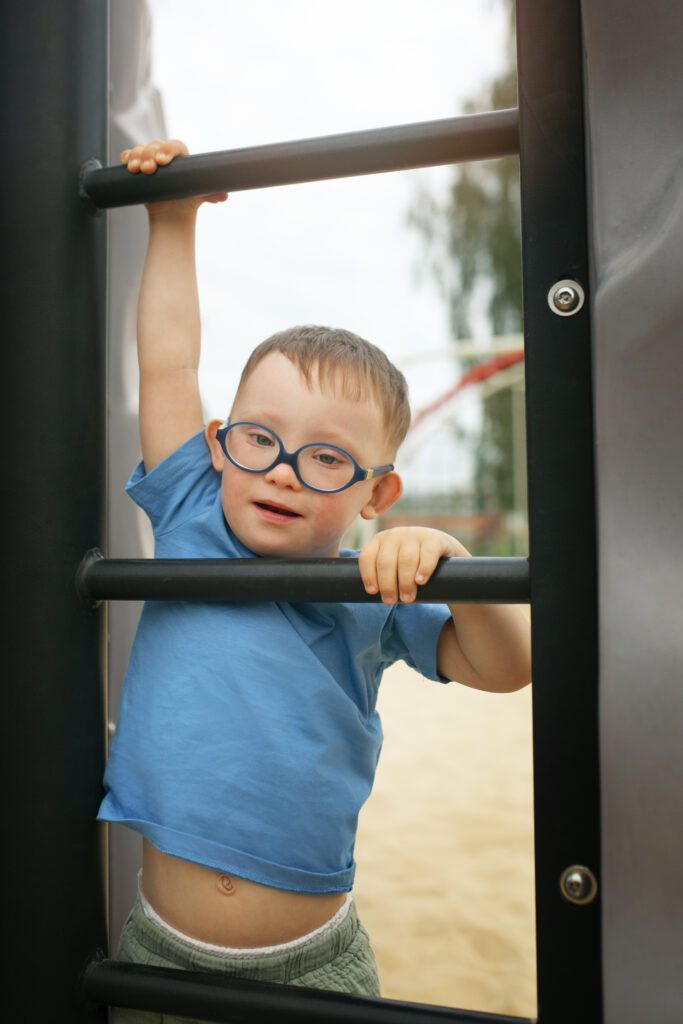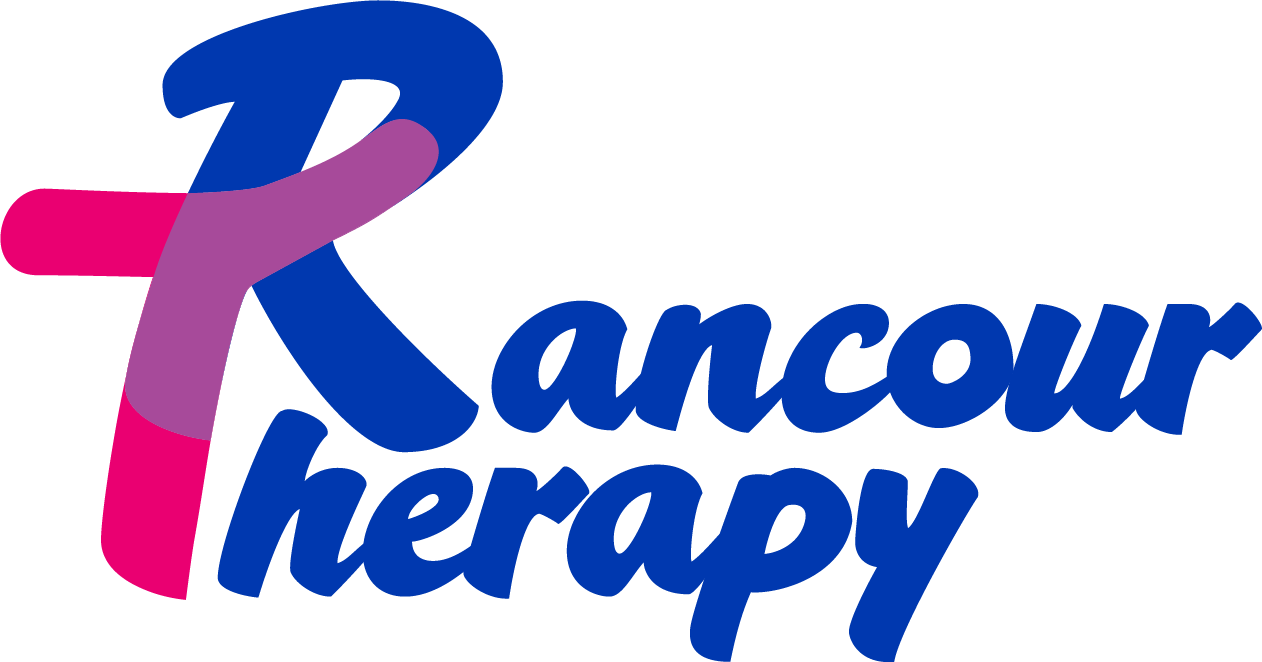
Our Services

Occupational Therapy
Occupational Therapy helps young children access their world by supporting skills such as:
- Using their hands
- Understanding their senses
- Playing with toys and other people
- Eating
- Getting dressed
- Calming their bodies when excited or upset
By making activities fun and adjusting things to fit each child’s needs, occupational therapists help families, caregivers, and children enjoy and succeed in their daily routines together.
Physical Therapy
Physical Therapy provides support for infants and toddlers who may be experiencing delays or difficulties with movement and physical development.
Therapists help children improve strength, balance, and coordination to better participate in activities that require certain positions or movements, such as sitting, standing, crawling, or walking.
Families are guided on fun, simple ways to support their child’s progress during daily routines, making it a team effort to help their child grow and thrive.


Special Instruction
Special instructors provide guidance, tools, and encouragement so families feel empowered to support their child’s growth within their daily routines, making a positive impact on the child’s overall learning and engagement with the world by supporting the following areas:
- Play
- Movement
- Communication
- Social interaction
- Emotional regulation
- Problem solving
The goal is to support the child’s development and confidence, focusing on strengths and adapting activities to make learning easier and more enjoyable.
Speech Therapy
Speech therapy helps young children build the skills they need to communicate more effectively. In these early years, children are learning how to express themselves, understand words, and engage with others.
Therapists work closely with families, guiding parents and caregivers with easy-to-use activities and strategies that can be woven into everyday routines, like playtime, meals, and storytime. By focusing on each child’s unique needs and strengths, early intervention speech therapy sets the foundation for effective communication, social connection, and joyful interactions.

